Injection molding process
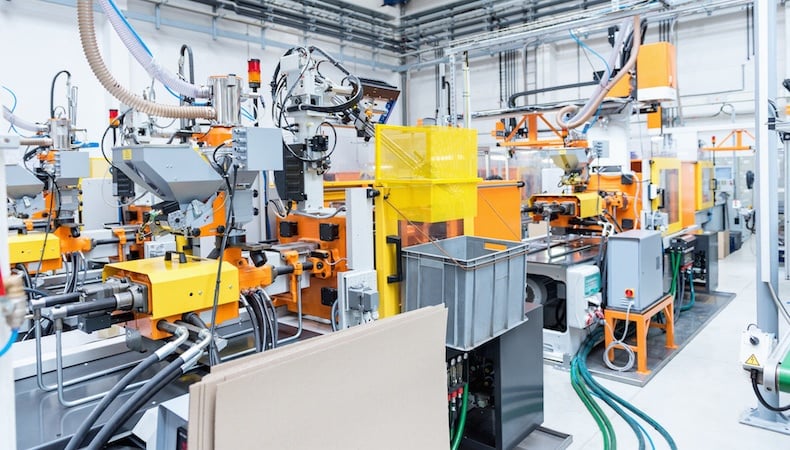
When it comes to custom plastic injection molding, there is no clear industry consensus as to the definition of “custom.” As a result, some injection molders, who claim to offer custom services, are actually incapable of engineering or producing parts with precise specifications and tight tolerances.
Manufacturers that unknowingly contract with these “custom” molders are often left holding the bag. It’s an unenviable position, and one you can avoid by understanding what factors differentiate a true custom plastic injection molding partner from less qualified choices.
It’s crucial to evaluate how an injection molder aligns with your project needs. The design, engineering, and support experience of a true custom plastic injection molding partner correlates with the complexity of the application.
For example, parts used in a medical or automotive application require an injection molder with proven capabilities in producing to strict specifications and compliance standards.
On the other hand, plastic parts used in certain toys may be less restrictive and readily made by a less experienced molder. Dialing into project intricacy dictates the necessary custom capabilities of an injection molder (e.g., tooling development, engineering and design support, scientific methods, analytical tools, plastic part design, and molding process technologies).
While faster time to market is a definite consideration for custom plastic molding projects, it isn’t pursued at the expense of part design, materials selection, tool design, and quality control. True custom injection molders use these key stages of product development to inform choices concerning the appropriate processes — scientific molding, insert molding, multi-shot molding, overmolding, etc. — to accurately achieve product design and end-use goals.
As a proven custom plastic injection molding partner, Kaysun has a history of success stories across a range of industries. Here are a few examples of how we have helped industrial, consumer, and automotive OEM customers solve ongoing challenges that were struggles for commodity injection molders.
An industrial personal protective equipment OEM developed a life-saving handheld gas-detection device. The plastic electronics housing needed to protect delicate instrumentation and aesthetically align with previously established branding.
Lacking a satisfactory solution from their offshore vendor, the OEM brought in Kaysun.
We worked closely with the customer’s engineering team on component design and development, introducing moldflow analysis to identify and correct molding and materials issues, and to ensure compatibility with a thermoplastic elastomer (TPE) overmold.
Custom capabilities also allowed for mid-production adjustments to include a third overmold material and color — all without compromising material flow, adhesion, or shut-off functionality.
The resulting gas detection device housing was on point with:
A major manufacturer of food waste disposal units had recurring issues with parts produced by a commodity injection molder.
Specifically, the machines’ intense vibration during operation challenged the integrity of the rigid plastic disposal housing and its compatibility with internal seals and related plastic, metal, and rubber food waste disposal components. Disposal leaking and loosening were common end-user complaints, jeopardizing the brand’s long standing reputation for quality.
Kaysun’s engineering and design teams used the leaking and loosening issues as guides to identify the underlying conditions contributing to the defects. Expert analysis revealed the need for:
In-house custom injection molding design, engineering, and production capabilities augmented the expertise of Kaysun teams, resulting in solutions for the food waste disposal that:
In transitioning a sunroof front frame for two popular models of a well-known automotive brand from metal to plastic, the OEM faced two significant challenges: a supplier that could not consistently control part warp and a specific requirement regarding “no flash” on insert surfaces.
Kaysun purchased two presses that addressed the issues. Our engineers setup of the work cells to create production efficiencies and meet complex part specifications unique to the sunroof front frame, including:
Kaysun proved pivotal in helping the automotive OEM completely overcome the warp issues that previously hampered production of the sunroof front frame. Further, our depth of design and engineering knowledge, metal-to-plastic conversion experience, and introduction of custom automation into the injection molding process provided multiple benefits in successfully lightweighting the component and eliminating the risk of flash appearing on the inserts.
Commodity injection molders will often promise fast production at attractive price points. However, only a molder experienced in specialized custom plastic injection molding processes and technologies can offer a value-added partnership, time and cost savings, and consistent, successful results.
Learn more about how a custom injection molding partner can ultimately help you reduce costs, optimize functionality, and improve aesthetics in our Complex Injection Molding for a Competitive Advantage white paper.
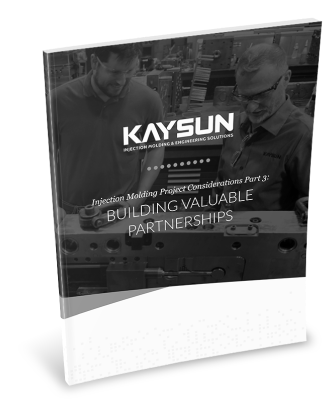
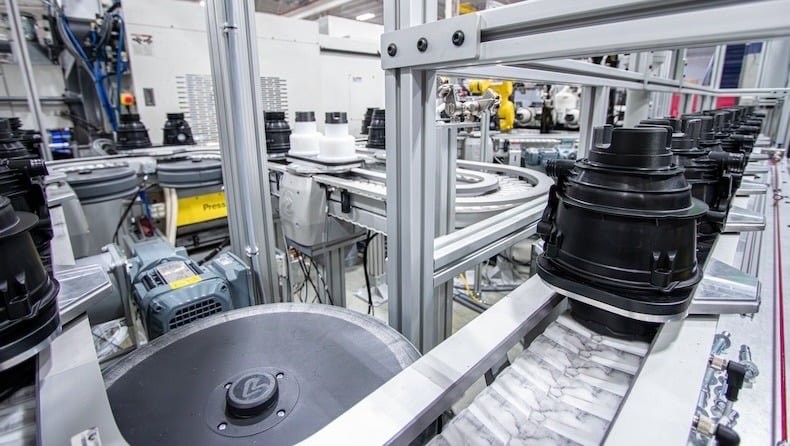
TL;DR: The 30-second Summary As RJG phases out eDart by 2030, Kaysun is proactivel…
READ MORE
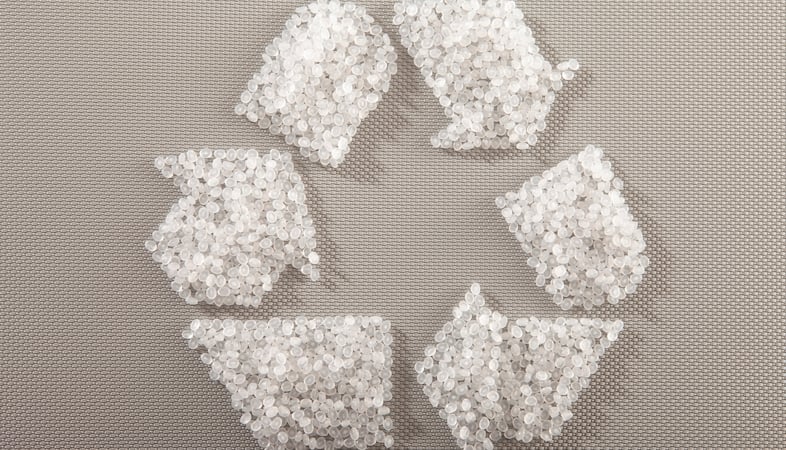
Injection-molded parts and products are staples for OEMs in industries ranging fro…
READ MORE
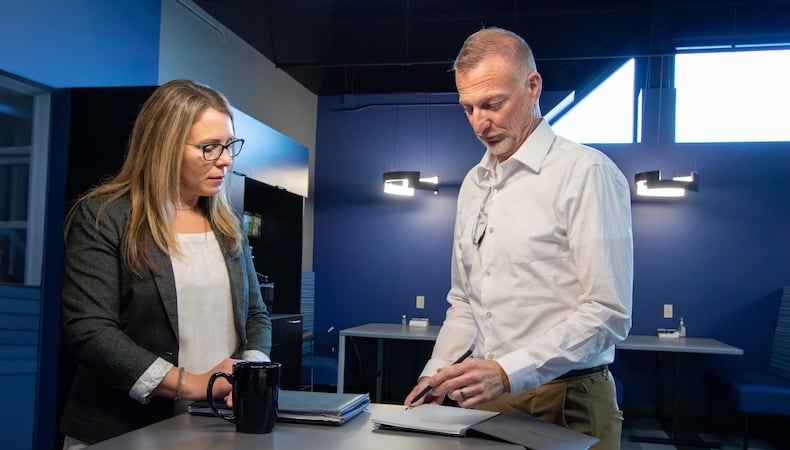
Injection molding is a versatile and precise process, making it ideal for OEMs tha…
READ MORE